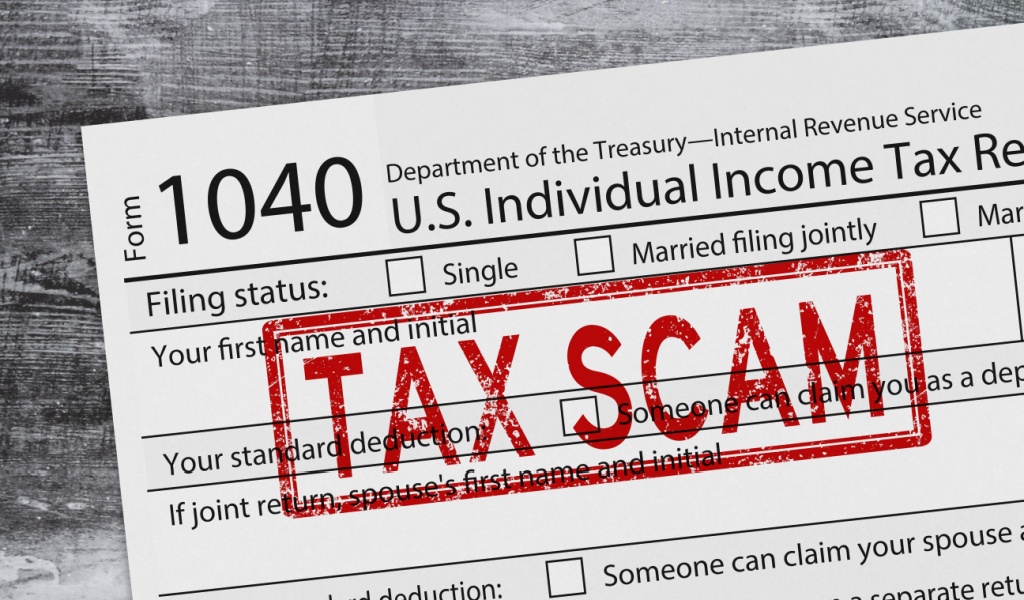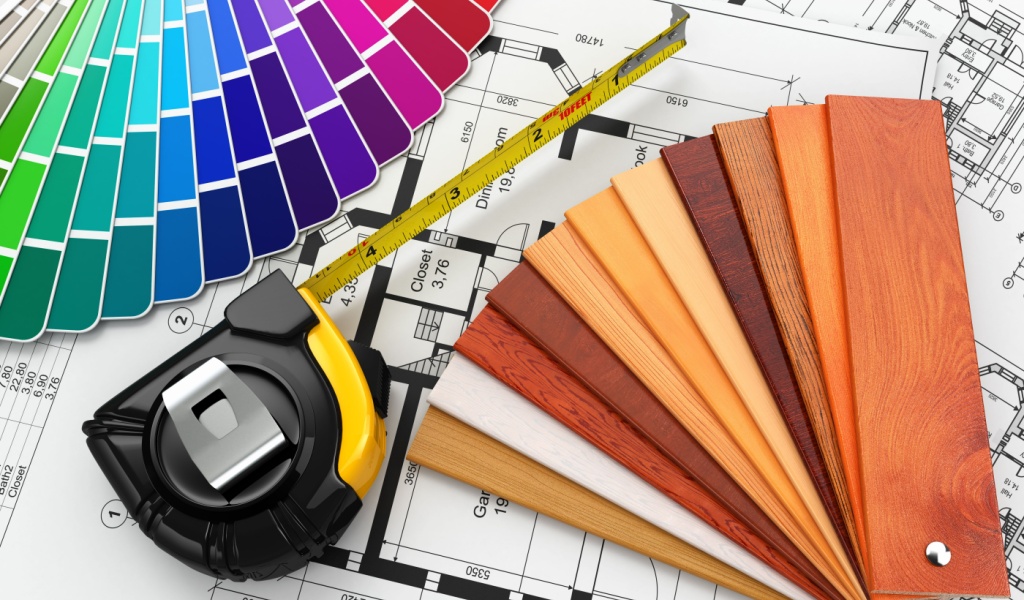Luxury cars are a commodity that is affordable by only a few of the elite in the world. Other than comfort and performance, they are obviously perfect for showing off your wealth. Riding around in a luxury car gives you that James Bondlike coolness factor. For some, an expensive car can be an accessory as much as an outfit or piece of jewelry.
So, you think you’re ready to get yourself one of those flashy cars? Before you write a cheque, maybe you should stop to consider a few things first. Even if budget isn’t an issue, there are plenty of things you’ll need to know before going car shopping. This will ensure that you get the best deal possible!
Here are some of the things you’ll need to have figured out before your visit to the high-end auto dealership:
1. Premium Cars Come with Premium Costs
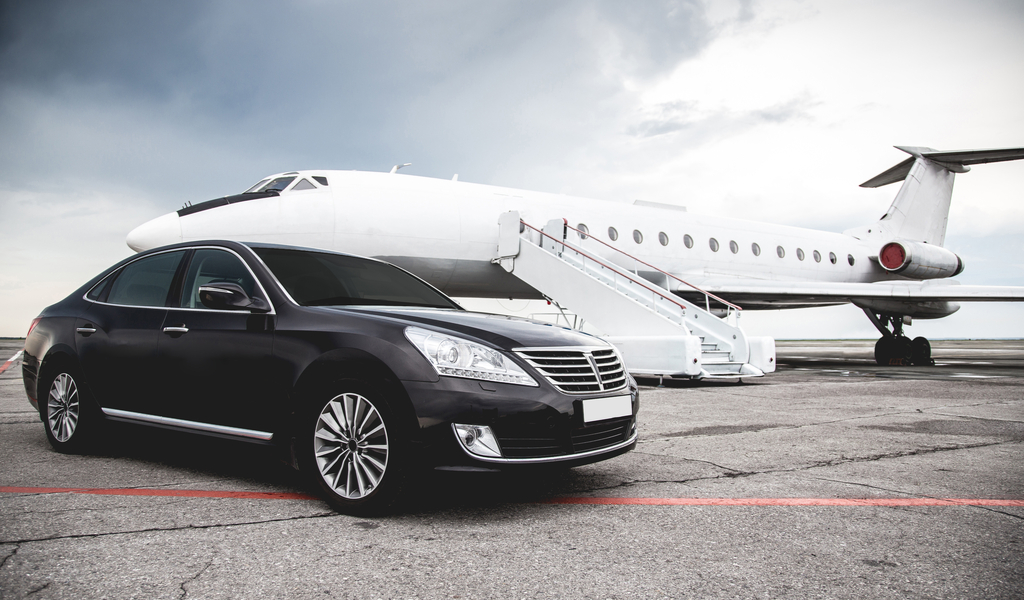
An expensive car comes with steep maintenance costs. The amount you’ll end up spending per month even after you’ve purchased the car will be way higher than a regular vehicle. For starters, most premium vehicles require a special category of fuel that is more expensive (or more than a normal amount) due to the size and engineering of their engines.
Regular maintenance costs may also be higher than you expect. Luxury cars need to be serviced quite often. This includes cleaning, brake checks, oil changes, etc. And as the car grows older, the higher you can expect the maintenance costs to be.
Another major expense you’ll need to incur is insurance. All car owners are required by law to have insurance plans that will cover the cost of repair, technician salary, spare parts, personal injury, etc. in the case of damage or accident. Since luxury cars will need a lot of money to fix, insurance plans will have a much higher premium.
2. Environmental Impact
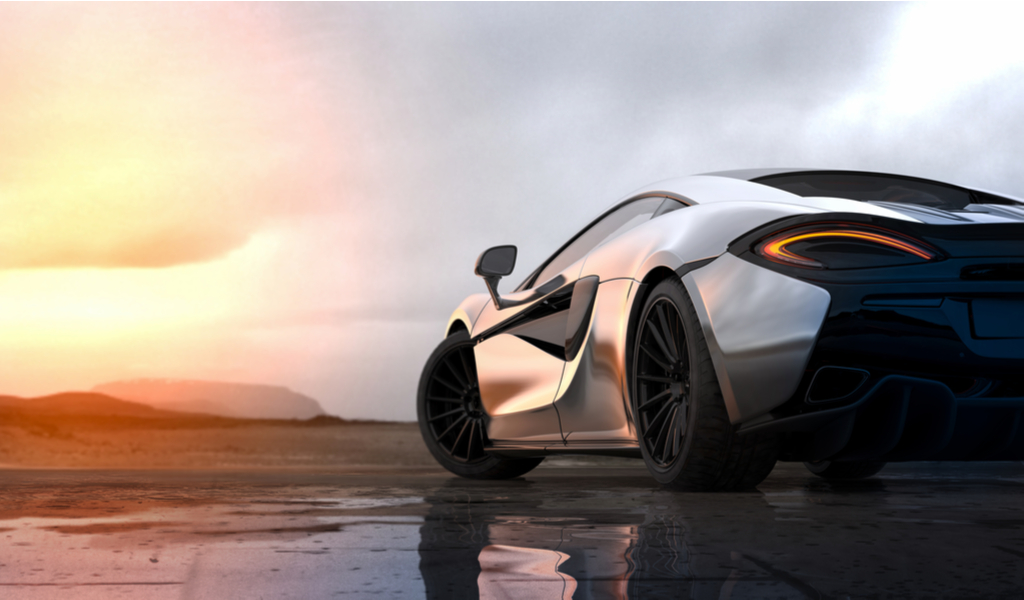
It is an unfortunate fact that most high-end cars are gas-guzzlers. While this means a higher expenditure for their owners, one must also consider the impact that it will make on the environment. Is it really worth riding around in a flashy car if it will leave a negative impact on the world around us?
But being environment-friendly doesn’t mean you have to ditch your dream of owning a luxury car. Car manufacturers are beginning to shift their focus to energy-sustaining vehicles thanks to the growing demand, and this includes high-end ones as well. All you need to do is ensure that the car your buying is not going to harm your surroundings.
3. Low Resale Value
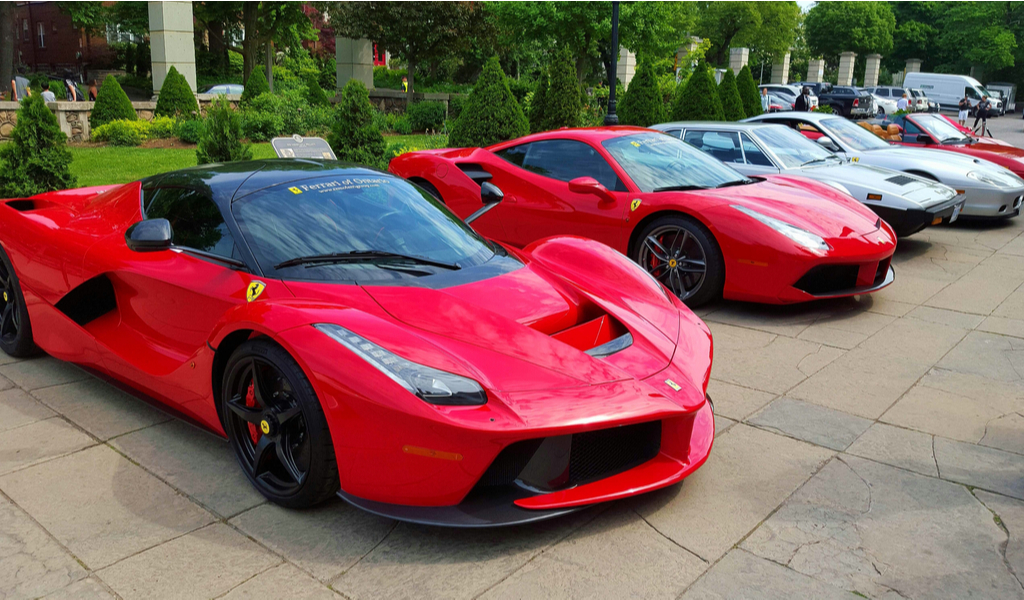
If you intend on swapping out your vehicles every few years or so, that’s not going to be very financially sufficient for you. Other than a few classic cars, most luxury vehicles have low resale values since the quality of the car depreciates over time. Most people willing to splurge on an expensive car would rather spend a bit more and buy a brand new one than a used one. Selling one high-end car to buy another one may not be entirely plausible unless you’re willing to fork over a significant amount of extra cash.
4. Assess Your Intentions
Ask yourself, “why am I buying this car?” There’s no right answer, but most people who buy such cars do it because they love high-performance driving or have a passion for engineering and craftsmanship. You’ll also need to consider who is using the car and what it’s going to be used for.
Just like regular cars, there are high-end vehicles that are best for just showing off. And then there are those suitable for driving clients to and from the airport or packing a big family in for a road trip. Be careful when you choose, because you don’t want to be stuck with a useless vehicle that just stands in your garage as a showpiece (unless that is exactly what you do want!)


